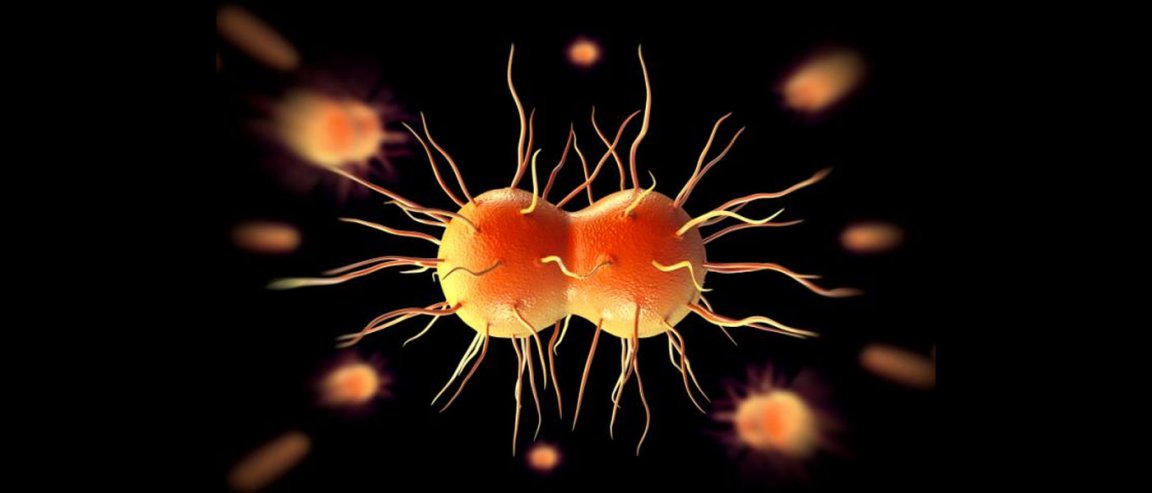
An Emerging Superbug
The Centers for Disease Control and Prevention and Hawaii’s Department of Health have reported a number of high-resistance gonorrhea cases in the state. The bacterial strain Neisseria gonorrhoeae was observed to be mostly unaffected by azithromycin, while also exhibiting partial resistance to ceftriaxone. Though there were isolated cases since 2005 that showed Neisseria gonorrhoeae’s reduced susceptibility to both drugs, this is the first time that a cluster of the said cases has been seen in the US.
Dr. Alan Katz of Hawaii’s state board of health describes the cases involved six men and a woman. The seven patients did not have sexual relations with each other, so the scope of infection is likely considerably larger.
A drug cocktail made by combining azithromycin and ceftriaxone, an attempt to slow down the bacteria’s adaptation, is currently the working treatment for this infection. But scientists fear that soon, it may not be enough.
CDC’s National Center for HIV/AIDS, Viral Hepatitis, STD, and TB Prevention director Dr. Jonathan Mermin, in a statement, said, “Our last line of defense against gonorrhea is weakening. If resistance continues to increase and spread, current treatment will ultimately fail and 800,000 Americans a year will be at risk for untreatable gonorrhea.”
A Global Concern
This ability of bacteria to combat drug treatment, also known as antibiotic resistance, has become a major concern for the world at large. In fact, the United Nations has decided to elevate the issue to be designated as a crisis, putting it on par with Ebola and HIV.
What’s more alarming, is that Neisseria gonorrhoeae is not the only bacteria that is evolving immunity to drugs. The CDC’s most unwanted list records a number of bacteria that have developed some sort of immunity to the drugs that were previously most effective at treating them.
Though many new antibiotics are already in development to combat these superbugs, it might take years before they hit the shelf. And even if they do prove effective, it could only be a matter of time before the ever-evolving bacteria become immune again.